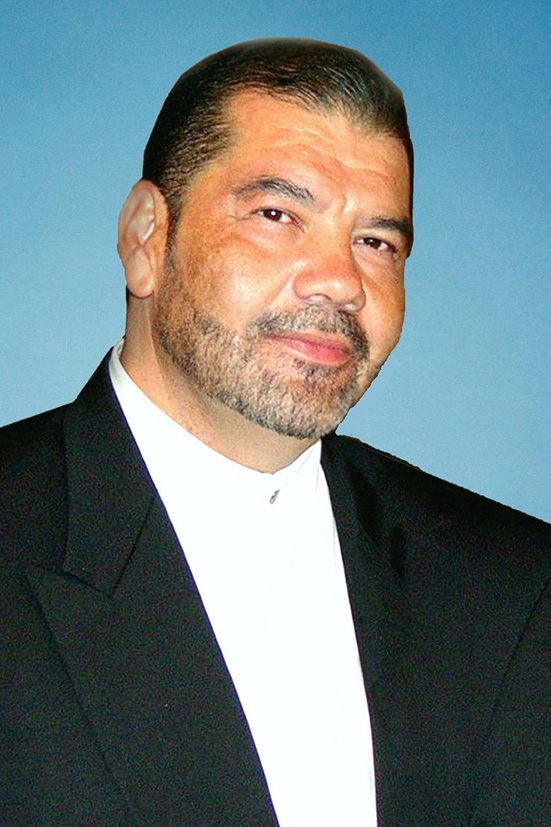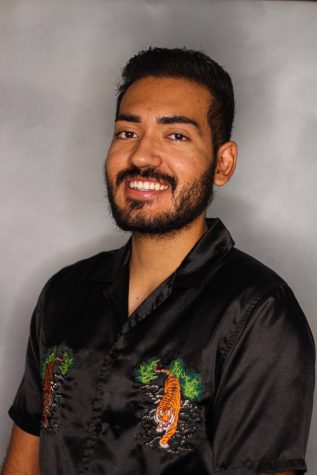UTEP’s College of Health Sciences selected alumnus Salvador Balcorta, activist and chief executive officer of a nationally recognized nonprofit, for this year’s Gold Nugget Award.
Today, Balcorta leads the Centro de Salud Familiar La Fe, an El Paso-based “social justice and health and human services nonprofit,” according to the organization’s website.
La Fe, once a neighborhood clinic, is now an award-winning network of healthcare centers that provide a wide range of services to clients of all ages.
Balcorta earned his bachelor’s degree in social work in 1980.
Almost 40 years later, Balcorta is returning to UTEP to be honored with one of the university’s most esteemed alumni awards during Homecoming.
“It’s a time for alumni to come back to their alma mater and participate in the festivities, visit with professors and see all of the great changes and advancements that have taken place since their graduation,” said Maribel Villalva, assistant vice president for alumni relations. “They truly feel like UTEP royalty.”
Balcorta credits the support of the people he has surrounded himself throughout his life for the award.
“I feel humbled and honored at the same time,” Balcorta said. “I also wonder if I am even worth this type of award.”
Looking back on some of his most memorable experiences at UTEP, Balcorta recalls protests on campus as he began his freshman year at UTEP in the fall of 1971.
“There were some protests in ’71 about some issue within the university,” Balcorta said. “There was a takeover of the university administration we had at the time.”
Balcorta was referring to the mass protests of 1971 that blocked the Administration Building at UTEP. Organized by the Movimiento Estudiantil Chicanx de Aztlan and La Mesa Directiva, the protest expressed frustrations with the lack of Chicanx faculty at the university. Several students at the protest were arrested.
“That’s one of the experiences I remember most,” Balcorta said. “Considering I’ve been an activist since I was 14 years old.”
Balcorta left school after that fall semester to work because he felt that school was “not geared towards the Chicano population.”
He started a family during his hiatus from college and eventually returned to finish his education.
Upon returning, Balcorta said he really enjoyed classes that delved into issues that communities face, such as gang violence, racism and drug trafficking.
“Those are issues that have been around the Chicano community forever,” he said.
After almost three decades at La Fe, Balcorta reflects on how the founders of the nonprofit have inspired him to continue advocating for the Chicanx community.
“The most important people in my journey have been the women, the mothers and grandmothers that founded La Fe,” he said. “The women that fought for the right to have healthcare; for the right to have decent housing; for the right to a decent education; for the right to a better life.”
Bryan Mena may be reached at [email protected]












